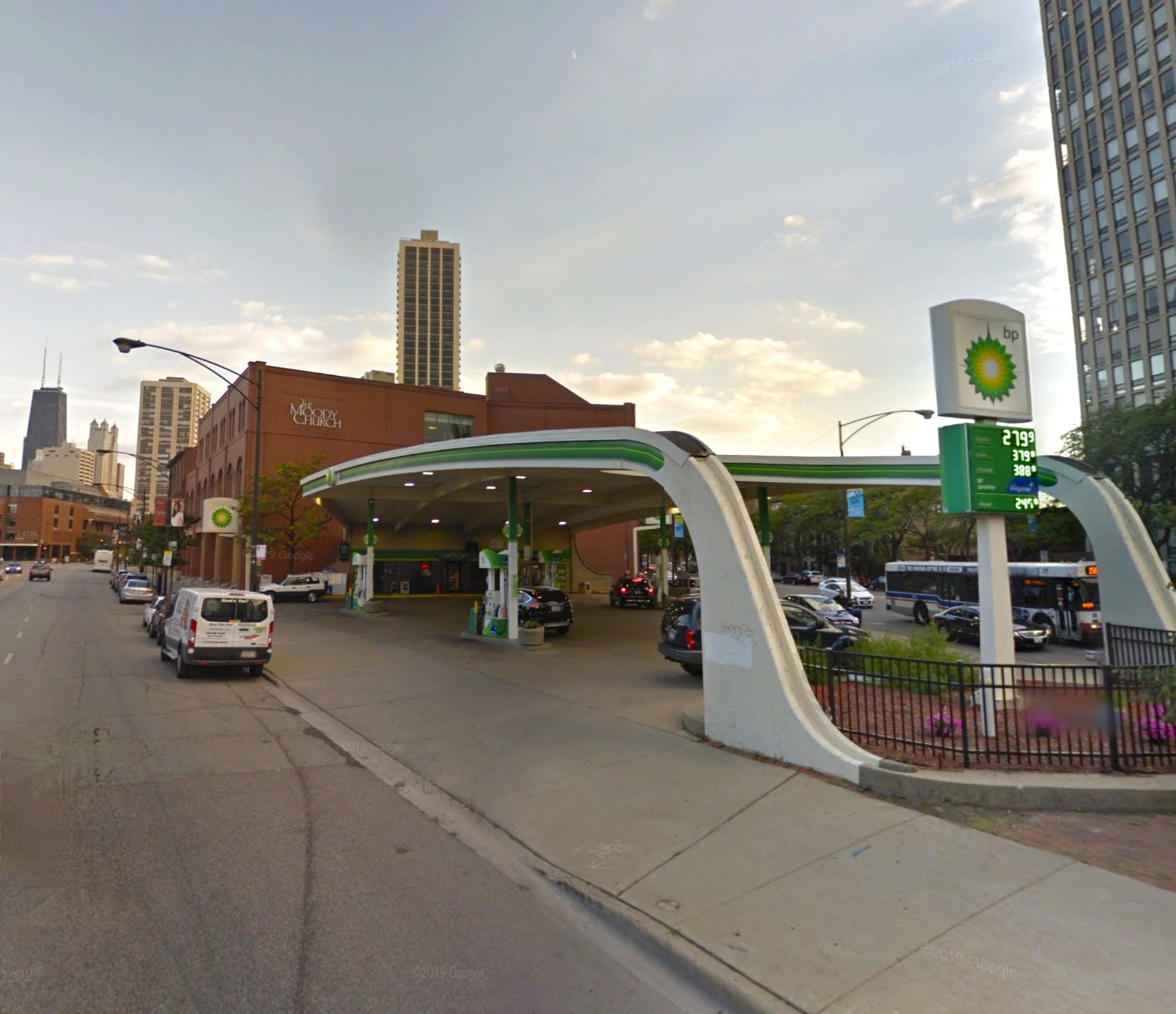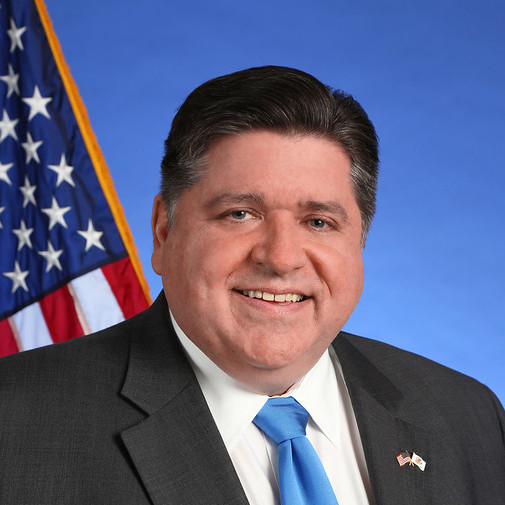As he gets ready to run for reelection this November, Illinois governor J.B. Pritzker plans three forms of tax relief to reduce household expenses for Illinoisans during a period of high inflation. In addition to suspending the state sales tax of 1 percent on groceries and giving homeowners a $300 property tax rebate, Pritzker has proposed skipping the scheduled two-cents-per-gallon increase in the gas tax for one year. The increase is required by an Illinois law, enacted in 2019, which indexes the state gas tax to the Consumer Price Index measure of inflation.
This best practice preserves the purchasing power of gas-tax revenue over time, so that programs funded by by it won't get shortchanged. That's what previously happened when Illinois' gas was previously stuck at a flat 19 cents a gallon for two decades, since raising the tax is politically unpopular. So it was a major milestone when the tax was doubled to 38 cents and indexed to inflation in 2019 as part of the Rebuild Illinois infrastructure funding package.
There are some issues with Pritzker putting the scheduled gas tax increase on pause in order to win points with voters. For starters, it's possible that people who buy gas will not see the full discount, since the gasoline market doesn't necessarily "pass through" a lower tax to drivers. The pass-through rate is highly dependent on location – including proximity to neighboring states with different gas pricing policies – and competition.
Former governor George Ryan (one of many Illinois governors eventually jailed for corruption) signed a bill that suspended the entire 19-cent gas tax for six months in 2000. That bill required gas stations to post a sign stating that the gas tax had been suspended, so the state government would get credit. In contrast, Pritzker is proposing to not raise the tax by its scheduled two cents.
Pritzker estimates that skipping the gas tax increase will save drivers and cost the state $135 million. Notably, he has not proposed any cost-saving measures for Illinoisans who need or want to ride transit instead of driving. (There's also no discount for people who rent instead of owning homes, and therefore won't directly benefit from the property tax rebate.)
Another potential downside of the plan is the possibility of snags when it's time to re-implement the statutorily-required indexing after the one-year suspension. One detail that would need to be worked out is what the price will be after the suspension. Will it be based on the current tax, and therefore a whole year of increase will be skipped? Or will the new tax level be based based on what the tax would have been if the suspension had not occurred?
Preserving the state's purchasing power during a period of high inflation is even more important in 2022 as cities and states receive funding from the federal Infrastructure Investment and Jobs Act, putting them in competition with each other for more expensive concrete and steel, and a finite pool of experienced construction workers during a time of labor shortages.
And then there's the possibility that when motorists save money on gas, they may choose to drive more, which means more congestion, pollution, and crashes. However, a state report that followed the six-month suspension in 2000 noted that there was a decrease in gasoline consumption, although the researchers did not study why that might have been. Additionally, as I noted earlier, temporary or small gas tax decreases don't necessarily make their way to consumers, so drivers may not actually see lower prices at gas stations. If that turns out to be the case with the upcoming tax holiday, then the $135 million revenue cost to the state could be a boon for the fuel industry, but not consumers.
Overall, with benefits and side effects that seem hard to pin down, it appears that this policy change may be ineffective at anything but helping Pritzker win reelection. The governor should come up with a relief plan that more fairly benefits all Illinoisans, and has more predictable impacts.
For example, for the same $135 million that Illinois is projected to lose from skipping the gas tax increase, the state could send all of the 9.8 million adults in the state a check for $14 (minus shipping and handling charges.) That would ensure 100 percent of the proposed economic relief reaches Illinoisans, rather than possibly being diverted to the fuel industry.





